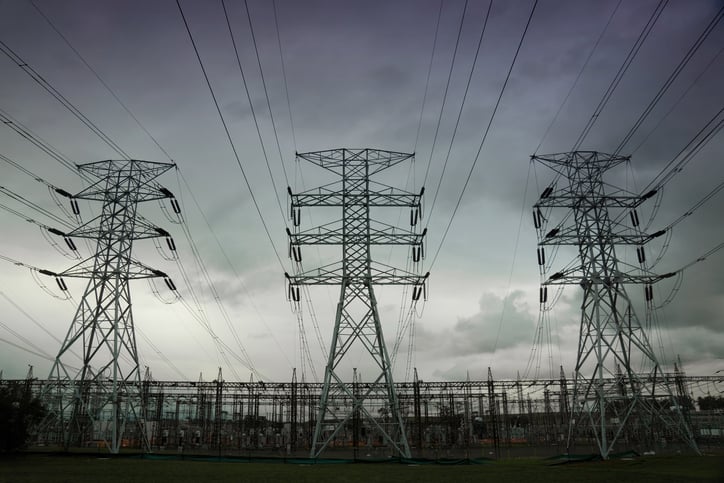The UK’s balancing market is being held back by a distinct lack of transparency, a panel of energy suppliers have concluded.
Speaking of the Balancing Mechanism (BM), a panel of supplier representatives at this week’s Energy Storage Summit, organised by Current publisher Solar Media, said the mechanism was in a period of evolution, having to adapt to the rising number of smaller, distributed power resources connecting to the national grid.
However, the feeling in the room was that there’s still a long way to go, despite the launch of a specialist ‘Distributed Resource Desk’ last month.
“There’s a huge lack of transparency,” said Mark Meyrick, head of smart grids at Ecotricity. “You won’t get deployment on merit but on what the grid needs.”
“It’s still quite opaque,” he added.
Fellow panellist Sam Harden, senior business developer for battery storage at Innogy, said that his firm is currently “looking at the value of balancing markets”.
Harden also confirmed that Innogy “probably won’t switch on any storage in the UK this year” and that if any projects do emerge, they’ll be smaller than larger projects currently planned for Europe this year.
Concerns about the Balancing Mechanism come at a time of great uncertainty across the wider policy landscape, with the Capacity Market at a standstill since November last year.
The ruling by the European Court of Justice indefinitely postponed auctions and payments to existing contract holders. Since this ruling, there has been no clarity as to when, or if, the Capacity Market will be able to resume those functions.
With the Capacity Market suspended, there are concerns across the industry over investment in energy infrastructure. The effects of the suspension are being felt by energy giants like SSE, who this month predicted a £60 million shortfall in their results for this financial year.
Speaking at the Energy Storage Summit, Harden acknowledged that “some sort” of security for capacity would help investment.
But the panel was split on the CM’s benefit for battery storage projects, with Meyrick insisting that he wasn’t “particularly disappointed” over its current situation, insisting that he didn’t “really think it was fit for purpose”.





